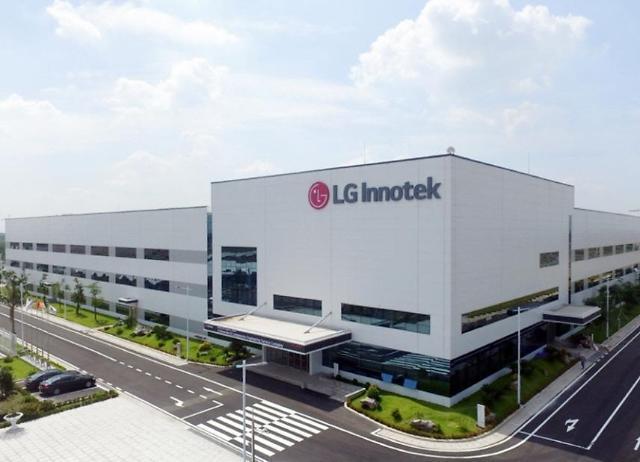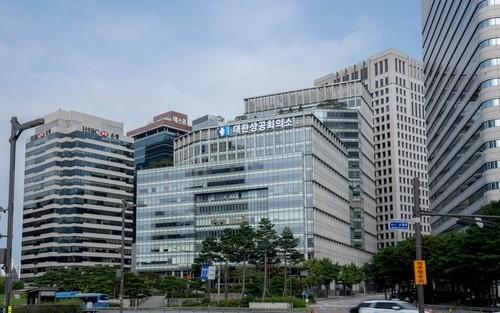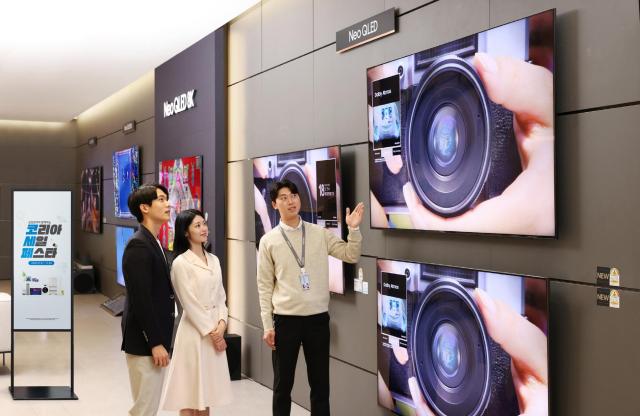
[Courtesy of LG Electronics]
"There is still no change in the schedule," Kwon said on January 8 at a press conference at CES 2020 in Las Vegas, recalling what he said last year that the surplus of LG's Mobile Communications division will be possible in 2021. "The Vehicle component solutions (VS) business division is also preparing to take turns at the same time."
The MC business division for smartphones and the VS business division for automotive components are LG's "sick fingers." In its MC business, LG has recorded losses for 18 consecutive quarters. In the fourth quarter of last year, losses are estimated at 200 billion won ($172 million).
LG's VS business is in a similar situation. It has been in the red for 15 consecutive quarters since the first quarter of 2016. Operating losses amounted to 60.1 billion won in the third quarter of last year, the largest figure since its launch in 2013. The company is expected to post losses in the fourth quarter.
"We will introduce premium products that can lead the new market while strengthening the competitiveness of our products and preparing to change our lineup," Kwon said. "We will manage them to prevent any disruptions."
LG's rivals Samsung Electronics and Huawei are rolling out foldable smartphones such as Galaxy Fold and Mate X, respectively, but Kwon said he has no plans to release foldable phones. "Why would a company that owns a rollable TV not release a foldable phone? "We are still asking questions about the marketability of foldable smartphones," he said. "We will prepare more innovative products that can change the premium smartphone market."
Kwon outlined his aspirations as CEO with four keywords: growth, change, customer, and nature. "We will focus on the essence of our business, which is to boldly push for digital transformation and lead growth and change while at the same time giving value to our customers," he said, indicating that the company will consistently push for growth strategies based on revenue while making differentiated customer values by proactively responding to changes in consumption patterns.
Kwon's plan is to increase the efficiency of asset management by choosing areas that can contribute to business performance from a mid- to long-term perspective and by investing intensively to minimize wasted resources.
At the group level, LG will step up efforts to "digital transition," which has emerged as a hot topic. "The digital transformation is the cornerstone of change and growth or sustainable growth," Kwon said, adding. the company will secure new growth engines with active responses such as digital transformation in an era of rapid changes in the market environment.
To accelerate its revenue-based growth, LG will continue to strengthen its premium brand. It will steadily introduce products that expand its dominance in premium markets such as "LG Signature" and "Signature Kitchen Suite" and provide differentiated experiences to customers.
LG will continue to invest in areas with high potential for growth such as artificial intelligence (AI), big data, and robots. It also plans to strengthen "open innovation" that strategically works with competitive companies in various fields to generate substantial results. However, Kwon said that he would focus on small and medium-sized enterprises or industrial-academic cooperation rather than cooperation with large companies.
At CES, Chief Technology Officer Park Il-pyung presented four stages of AI development, and most of the current appliances are in the first stage, Kwon said, adding that technology cooperation with global companies such as Google and Amazon is essential in the first stage.
However, at the next stage, differentiation is more important, Kwon stressed. This means that although all AIs play a similar role in the first stage, functions that are implemented by businesses should change when they enter the second stage.
"We are currently working on an industry-academic project with the AI research institute at Seoul National University and have also hired Joseph Lim of the University of Southern California," Kwon said. "We are trying to push ahead with the implementation of AI in two or more stages."
Copyright ⓒ Aju Press All rights reserved.




